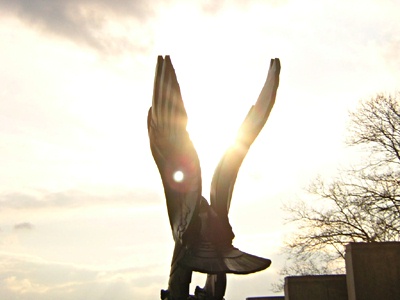All Nonfiction
- Bullying
- Books
- Academic
- Author Interviews
- Celebrity interviews
- College Articles
- College Essays
- Educator of the Year
- Heroes
- Interviews
- Memoir
- Personal Experience
- Sports
- Travel & Culture
All Opinions
- Bullying
- Current Events / Politics
- Discrimination
- Drugs / Alcohol / Smoking
- Entertainment / Celebrities
- Environment
- Love / Relationships
- Movies / Music / TV
- Pop Culture / Trends
- School / College
- Social Issues / Civics
- Spirituality / Religion
- Sports / Hobbies
All Hot Topics
- Bullying
- Community Service
- Environment
- Health
- Letters to the Editor
- Pride & Prejudice
- What Matters
- Back
Summer Guide
- Program Links
- Program Reviews
- Back
College Guide
- College Links
- College Reviews
- College Essays
- College Articles
- Back
When Does Child Discipline go to Far?
Child discipline. One of the most controversial actions to a child to make sure your child may not repeat that wrong action again for all we know, but how far can discipline go where discipling a child can go as far as damaging a child? Discipline can go as far as child abuse where it comes in the form of neglect and physical, sexual, and emotional abuse.
Children start off young and are more vulnerable to the world, where discipline may be very common for children. Discipline is the practice of training people to obey rules or a code of behavior, using punishment to correct disobedience. But since kids are so young and still developing and are not as exposed to doing the right things all the time, they may not be able to obey the rules or do the right code of behavior where punishment may be involved to discipline the child. Every child has at least been disciplined by their parents for doing the wrong behavior, but some parents may have resorted to physical pain as punishment such as spanking, smack, or whip their children: only to correct the child’s behavior by causing physical pain.
Most may argue if that was an exceptional action done by an adult to commit physical pain to a child to correct their behavior. But most may question, are there long-term consequences of physical punishment in terms of behavior, is it associated with stronger or weaker parenting, and will this damage their children for the long run?
I argue that discipline may be necessary to children that do not commit the right behavior, such as harming another child or not treating another child a certain way.
A report, “Hitting kids in America: American Punishment and physical punishment,” states, A 2002 meta-analysis of 27 studies across time periods, countries, and ages found a persistent association: children who are spanked regularly are more likely to be aggressive, both as a child and as an adult. Many parents spank their children to put an immediate stop to bad behavior (e.g., shoving another child, reaching for a hot stove, etc.). Being on the receiving end, children may learn to associate violence with power or getting one’s own way. As we see this study conducted of children acting more aggressive due to discipline, meaning that the kid might have experienced trauma but at the same time was disciplined.
Child discipline may help a child commit the right behavior, but at the same time may act more aggressive and maybe even bully others to have that same sense of controlling like their parents. If child discipline went as far as too becoming child abuse then that may cause serious trauma for the child. Child abuse is physical maltreatment or sexual molestation of a child, but it’s more than just that. Child abuse is when a parent or caregiver, whether through action or failing to act, causes injury, death, emotional harm or risk of serious harm to a child. There are many forms of child maltreatment, including neglect, physical abuse, sexual abuse, exploitation and emotional abuse.
Child discipline may help change the behavior of a child but anything further than neglecting a child or committing trauma is abusive for the child and should never happen.

Similar Articles
JOIN THE DISCUSSION
This article has 0 comments.

Children should be charished and protected.